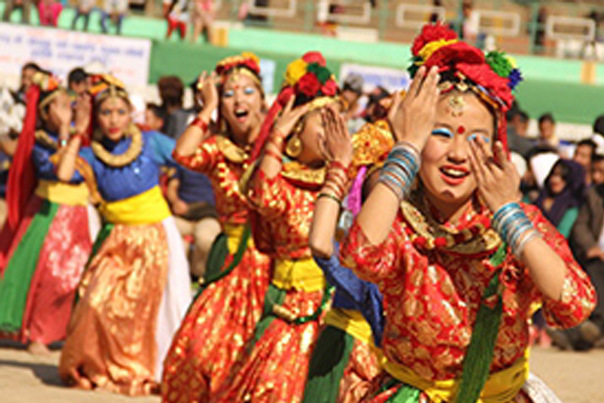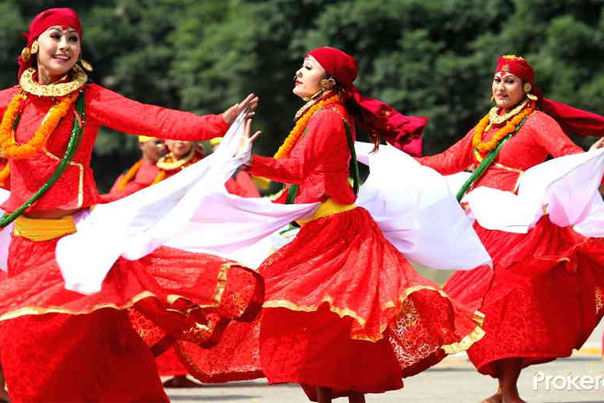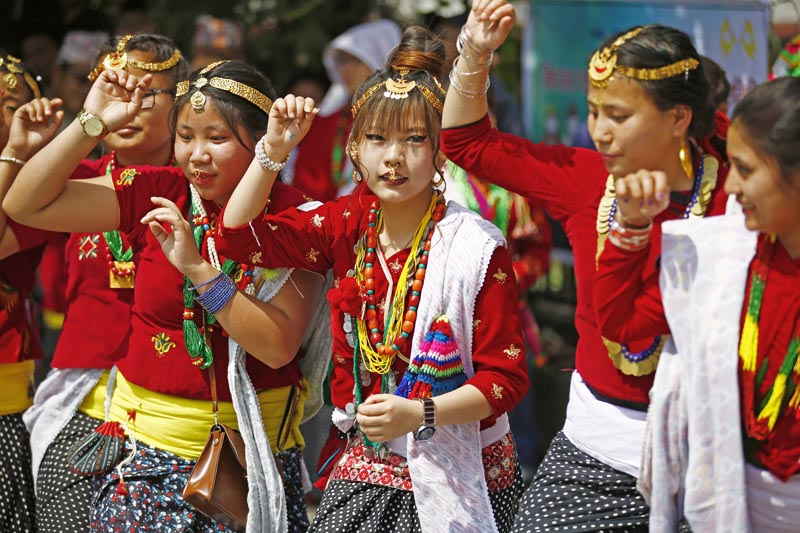IEFF 2019 Groups
Participant Groups at IEFF 2019
LATVIA
ZEPERI
“Zeperi” is a folk dance group from a picturesque town called Ligatne in central Latvia. Founded in 2000, the ensemble is of comprised more than 30 members under the leadership of Ms. Liene Fridberga, an experienced folk dancer and a rising star in choreography.
Over time “Zeperi” has become one of the leading middle-generation folk dance groups in Latvia, performing all over the country and winning high acclaim in nationwide dance competitions.
In 2008 “Zeperi” was awarded 1st place in its group in the annual dance competition leading up to the Latvian Nationwide Song and Dance Festival – the biggest celebration of song and dance in Latvia, where more than 15 thousand dancers take part once every five years. “Zeperi” has also been a selected member of other large-scale folk dance productions lead by leading Latvian choreographers. Moreover, the ensemble has given guest performances in Austria, Italy, Turkey, France, Georgia, Lithuania, Greece and China.
In its repertoire “Zeperi” includes Latvian folk dance choreographies based on historical and recent ethnographic and folklore dance and music. Over 15 years the ensemble has staged more than 100 dance choreographies. For their performances the dancers wear folk costumes from all regions of Latvia, including copies of archaeological folk costumes as far back as the 13th century.
“Zeperi” is proud of its trademark team spirit, which attracts dancers of various generations not just from the town of Ligatne but also from Sigulda, Cesis and distant Riga. Along with their active stage life, the dancers are also keen lovers of outdoor activity.
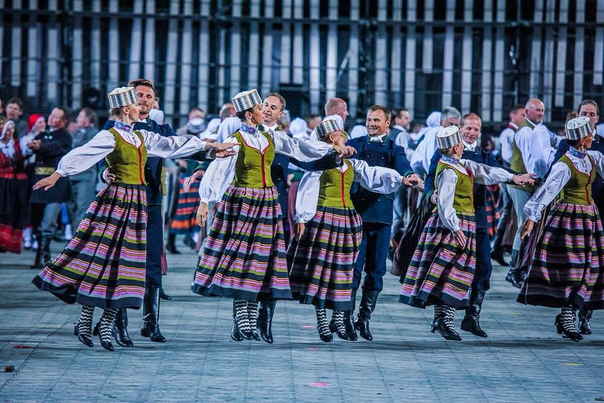
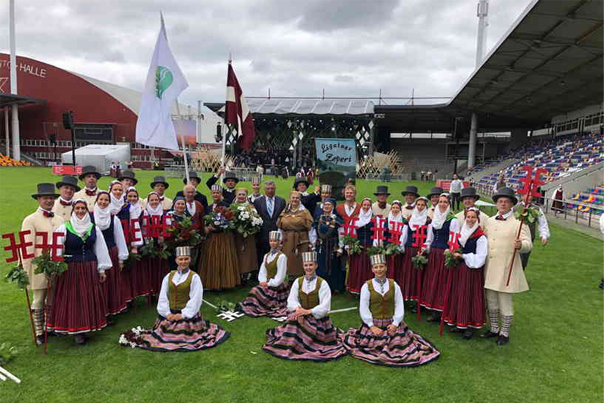
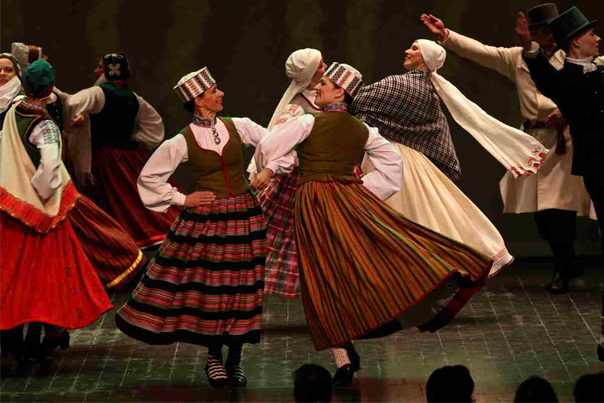
INDONESIA
DATU SANTARINA
Datu Santarina was publicly launched in 2016 in Riau Islands, Indonesia. It was founded by Wahyuji Andayani, who is concerned about the future of dancers and the world of dance in Indonesia. The group’s vision is to elevate the quality and popularity of the world of dance in Indonesia and bringing it to its glory, nationally and worldwide.
The management is organized professionaly, training is done intensively and with consistency, also the quality of dancers will always be monitored to maintain and develop their performance and competency. The group annually, creating one dance production with Indonesia’s unique culture as its theme.
The group specialises in many traditional dances from each of the city or regions of Indonesia which create an unforgettable performance, which will enthral audiences of all ages and performed nationally and also at international venues in Singapore & Malaysia.
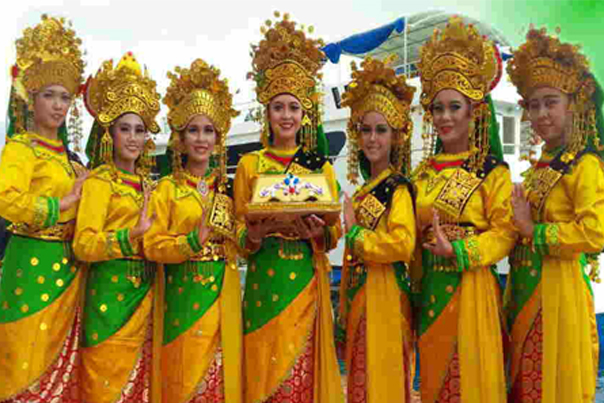
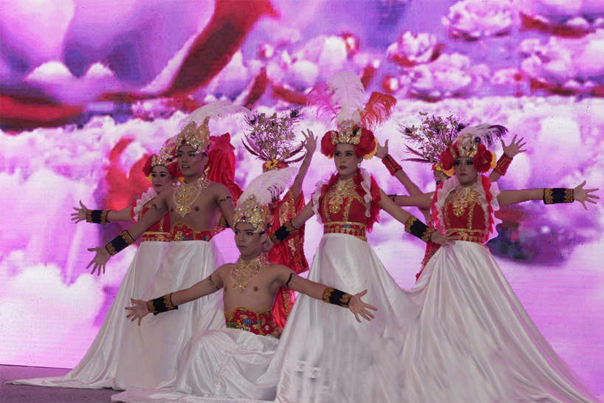
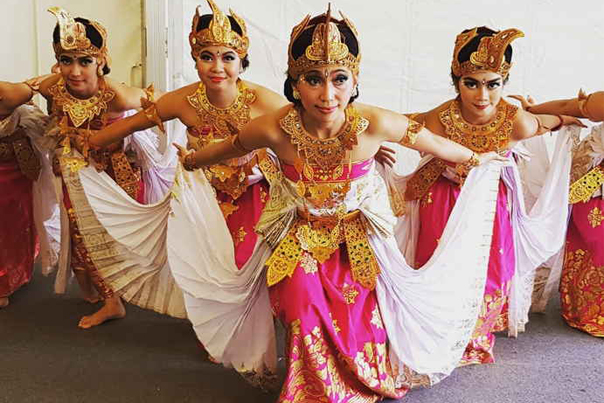
TANZANIA
DESTYN MALOYA
Destyn Maloya a popular band from the French Reunion Islands, performs concerts of Maloyan Dance Music – the Songs of the Slaves. They reconnect with their original Maloyan roots after years of slavery under the French Colonials. This musical form, which like the blues, is rooted in slavery, has strong links with Creole culture.
Rocked by the winds of the coast and the islands of Reunion, this dynamic 6-member band celebrates and defends its culture, carrying the torch of their ancestors. With its fascinating and playful percussions, DESTYN MALOYA has been constantly developing and changing for the past twenty years, bringing in new approaches to their music and revealing rhythms with very mixed colours. It is a passing down of passion and tradition to future generations.
On stage, Ramaye Fabrice, vocalist and front-man, leads the boat: his "flow" tense and incisive, and the power of his voice truly impresses. He is surrounded by percussion artillery that turn up the heat and audiences are pulled into the musical current released by them. With assorted traditional percussions, they set the stage on fire. The lyrics of the band's music remind the listeners, like a "return to the sources", of the sufferings of slaves, their struggles for freedom as well as their daily problems: jealousy, manipulation, disease. The versatility of the band’s members also gives the group a great musical variation.

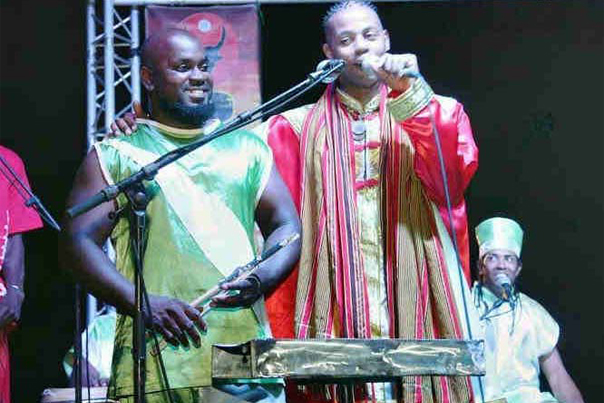
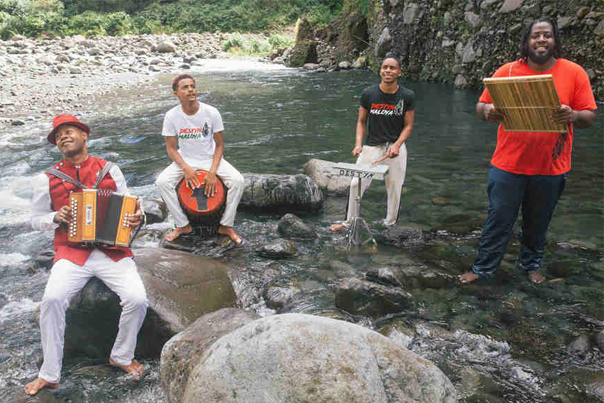
SOUTH KOREA
THE KOREAN DANCE COMPANY
The Korea Dance Group was established by the director, Im Seong-nam in 1990. Since then, it has been a representative dance company in South Korea with the purpose to create new dances based on Korean traditional dance and to perform the works. Korean traditional dance originated in ancient shamanistic rituals thousands of years ago.
The group performs number of different dances which gained permanent high status, including the Hermit dance, the Ghost dance, Buchae Chum (the fan dance), Seung Mu (the Monk dance), the Oudong (Entertainer) dance and others, despite the fact that many had humble origins. The Korean dances remained and remain to this day under the ambit of farmers and folk dance groups. Props used in the dances include the long billowing silk scarf of pure white used in the Salpuri dance, drums, hats, swords and others.
By participating in various international festivals, National Dance Company has presented the world, its rich repertoire. The group has expressed the feeling of Korean humans and the aesthetic appeal of Korean culture in dance performances.
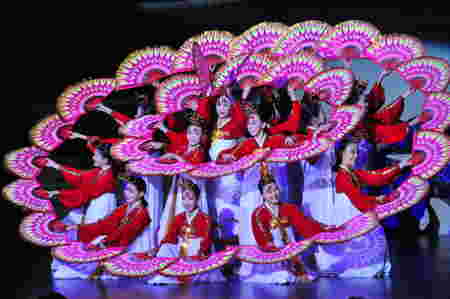
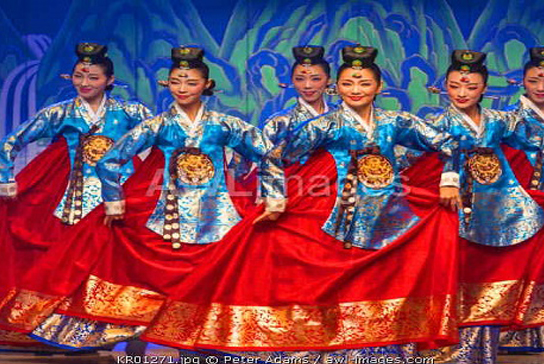
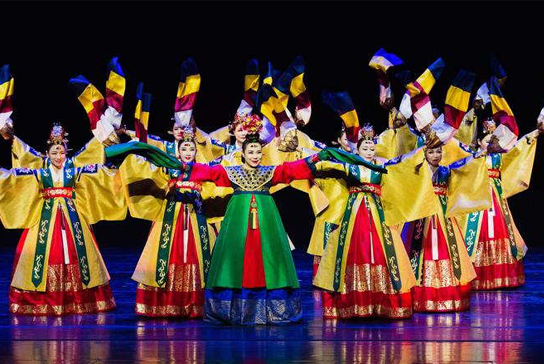
NEPAL
Falebase Rodhi Folk Dance & Musiclan Art
Falebase Rodhi was established in year 2010 and registered as a non-profitable, non-governmental cultural organization with an approval and recognition of Government of Nepal. The most of the promoter of this group are senior Veteran Folk/Classical artists of Nepal who have been participating and performing cultural programs at various parts of country and in international folk festivals as well. The group’s main motive is to preserve and conserve the Nepalese customs and traditional folk music and dances in National and International arena,
Nepal, the country of Mount Everest and the birth place of Lord Buddha is also best recognized for its oldest cultural heritages and Customs. Even though the country is very small, it has its own ethnic, cultural and geographical diversity. Each and every ethnic group have their own culture, customs, trades, music and dances. The country itself is a melting pot of folklore, folk dances, folk music and classical music. In this modern age, it is very essential to preserve and promote such traditional folk/classical dances. And this necessity has been realized by a group of various artists and the institution took a birth named Falebase Rodhi Folk Dance and Music Art, Nepal.
The group’s journeys have taken them to International Folk Dance Festivals to Belgium, Poland, Bulgaria, China, Japan, Belarus, Srilanka, China & Dubai.
